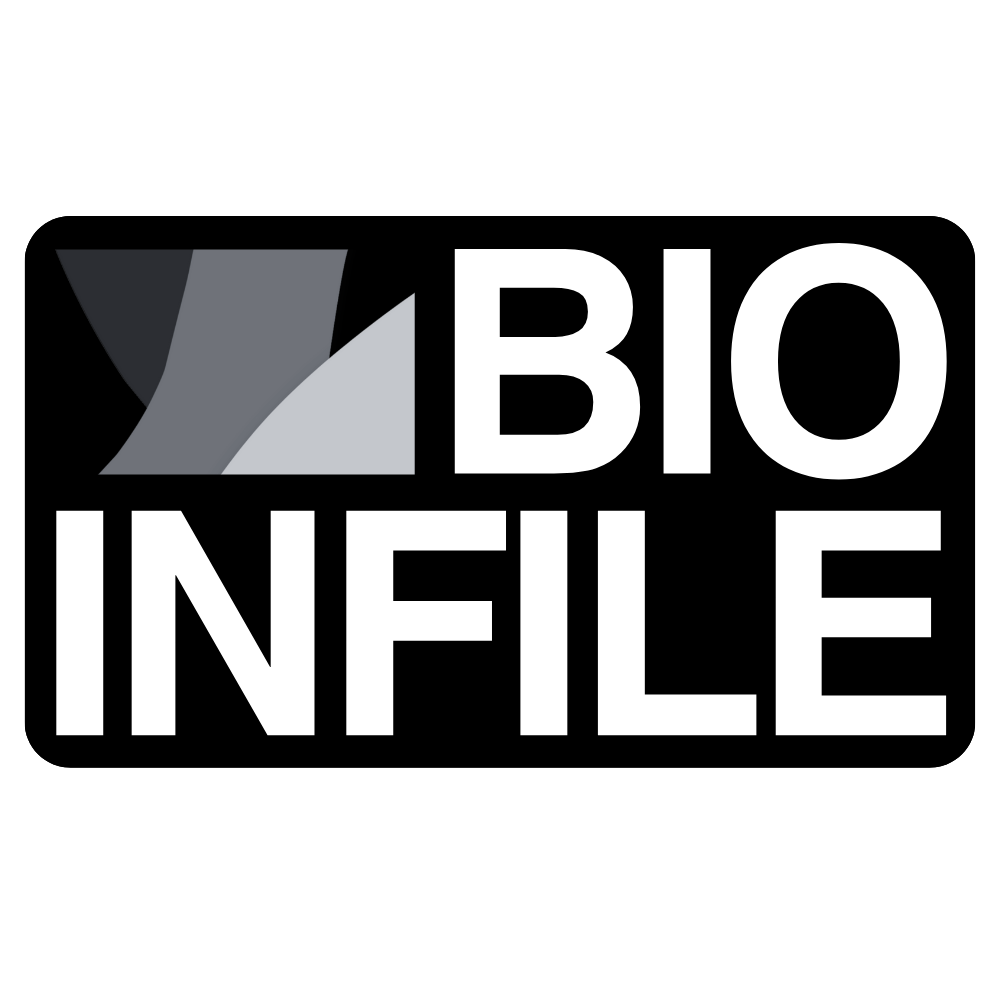Crafting GOOD DATA
Qualifying Scientific Data for Biotech: How BIOINFILE Helps Streamline Knowledge Transfer
In the microbiome industry, handling scientific data is much like cutting a gem. At first glance, primary data may appear similar for everyone, but the true value lies in how it’s shaped and refined to reach optimal efficiency. Many companies still rely on traditional methods—chipping away at their data slowly and carefully. While these methods are valid, they often become too slow and expensive, requiring excessive manual supervision by experts.
In a fast-evolving field like biotech, there’s a risk in falling behind. If the time spent qualifying and curating scientific reference data exceeds the pace of scientific advancements, companies can find themselves in a situation where their knowledge becomes outdated. This creates inefficiencies and, ultimately, higher costs in data curation and management.
We’ve created a ROI calculator to help businesses evaluate the financial impact of data optimization efforts.
The Key to Industry Success: Optimization
For newly published scientific research to be effectively transferred into a company’s processes, it must first be properly qualified by experts. We refer to this as calibration. However, with the rapid pace of scientific discoveries, what was optimized last year may already be outdated today. The risk of working with obsolete knowledge can threaten a company’s competitive advantage, leading to unnecessary risks in operations and innovation.
But how can companies know if their data is truly obsolete? The answer lies in calibration scores. For example, if your team is working on the vaginal microbiome and hasn’t updated your reference database in a couple of years, you could miss critical taxonomic BIOMARKERS WITHIN GENERA SUCH AS lactobacillus and GARDNERELLA. Our calibration score system helps judge the quality of pre-existing databases, considering numerous sequence-based and metadata parameters to ensure you're always working with up-to-date information.
Another case where calibration proves extremely useful is in the use of short reads FOR MICROBIAL IDENTIFICATION in highly controlled production environments. While short-read technology is significantly cheaper, you must consider that its resolution power decreases drastically compared to full-length gene sequencing. In limited diversity settings, can short reads, such as targeting the V3-V4 region, still resolve down to the GENUS level? This critical question demands extremely thorough quality control and must be revisited frequently to ensure ongoing validity.
OVERALL, WHEN Calibration relies on potentially transient data , IT should be reviewed over time as advancements in the state of the art may evolve, Revealing discoveries that, when applied to SPECIFIC MICROBIOME contexts, could alter the exception status of tests performed. That is why using a calibrated approach helps maintain operational efficiency.
Tailoring Data to Fit Industry Needs
Just as a piece of machinery must be optimized to fit into an industrial process, so too must microbiome data be calibrated to meet the specific needs of your workflow. General databases, such as habitat-specific ones, are a good starting point for optimization, but the nuances of specific industrial processes often require a deeper level of refinement. This level of precision isn't always addressed at the academic level—and that's okay! Academic research databases ARE AN INVALUABLE SOURCE OF INFORMATION.
COMPANIES, THOUGH, demand operational efficiency and tailored SOLUTIONS. That’s why recent criticisms of the sector haven't fallen on deaf ears: we’re at a point where scientific databases are highly effective in academic settings but are lagging behind in SPECIFIC industrial environments due to a lack of calibration efforts. As industries expand, the need to tailor and optimize data pipelines becomes essential to keeping up with the pace of innovation. Without regular calibration, even the best scientific databases risk becoming obsolete in fast-moving industrial applications.
Addressing the Bottleneck in Knowledge Transfer
As scientific advancements accelerate, manual supervision of data curation becomes a bottleneck for many biotech companies. It also generates additional costs due to the need for highly specialized expert personnel. In some cases, companies expanding into new business lines and innovative areas, may not even have these experts on hand. This is where BIOINFILE steps in.
At BIOINFILE, we are committed to helping companies reduce these bottlenecks and streamline the transfer of scientific knowledge. Our goal is to democratize access to scientific rigor AT THE INDUSTRY LEVEL, enabling businesses to remain competitive while optimizing their processes with the latest advances in microbiome research.
Let us help you optimize your data processes so you can focus on what really matters: innovation.




